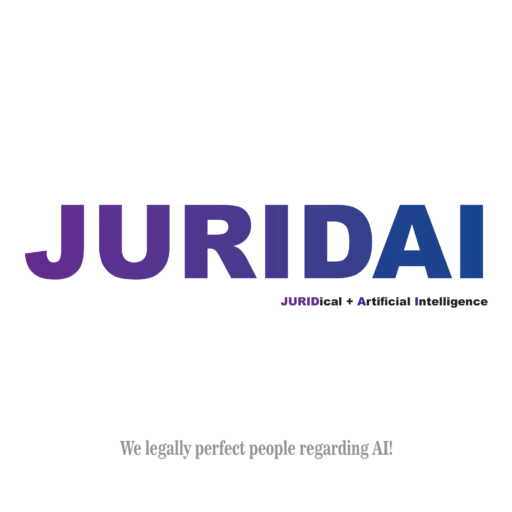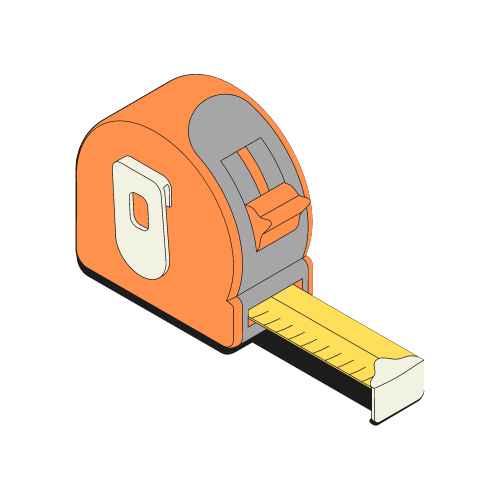By: Camilo Alfonso Escobar Mora
Founder of JURÍDIA
Law Academy on Artificial Intelligence
The law is universal. In relation to the human being. It applies in (all) the -in the whole of- environment in (relation to) which exists the (a – any, each, whole, the whole of -) human being. Related (in relation to) what is defined in the law.
That is, it applies in each situation related to what is defined in it. That is, in every situation in which a human being exists. In relation (with the form of the existence of the – that is, in relation to the, form in which exists the- human being in relation to) what is defined in the law.
Therefore, it is not a question of unlawful jurisdiction and competence. It is not about legally invalid jurisdiction and competence. It is not a question of considering that jurisdiction and competence exist in a manner contrary to what is defined in the (whole of) law. It is about legal jurisdiction. Legal competence. That is, of (on) jurisdiction and competence defined in the (all – whole – of) law. This is the field of action of law. To understand and attend to the fact that the law applies (proceeds -it must be complied with, attended, applied-) in – the whole of – what is related to (what is defined in) it.
Therefore, (for example) it is not a question of illegally dividing (a) jurisdiction and (a) competence. It is that in each environment in which the law must be fulfilled, it is fulfilled with (what is defined in) it. That there is the (a, some form of – the existence of -) the enjoyment of legal rights and, therefore, the (of) fulfillment of legal duties (that is, of the rights and duties defined in law). That – including, all – the rights are enjoyed and (therefore) fulfilled – including, all – the legal duties (a right – only – is enjoyed if – when; all – rights are enjoyed and this – the enjoyment of rights – only exists when – if – are fulfilled – all – the legal duties – everything, all, is connected, everything is necessary for the fulfillment of the law, that is, to comply with, what is defined in, the, all, whole, of, law -).
Another thing is that when (what is defined in) the law is breached, jurisdiction and competence is defined based on the way in which it (the – that, said, a, such – breach) exists. Which (in general) is the way in which the law is defined (that is, it is the general way of defining how what is defined in the law is applied). Both in relation to its compliance and (in relation to) its non-compliance. Therefore, the (the form – of the existence – of) the enjoyment of legal rights (and, therefore, – of – the fulfillment of legal duties) is defined on the basis of the form in which there exists the (each – the whole, of the -) situation (related to the law – that is, related to what is defined in the law -).
Therefore, the enjoyment of legal rights exists when the law is fulfilled to the measure (that is, to the extent) of each situation related to it. And (therefore) more than “jurisdiction and competence” it is about compliance with the law. To comply with the law. Even when it is breached (in relation to what must be fulfilled for the enjoyment of legal rights to exist – in relation to, what is defined, the law -). That is why (for example) it is not a question of focusing jurisdiction and competence on a subject (topic) but (based on) the – all of (whole, of), the – case (that is, the whole of the form – of the existence – of the case – that is, the whole of, the form in which it exists, exists, the, a, case, existing in relation to the, one, some, form, of the existence, of the breach of the law, that is, existing, that exists, in relation to the breach of the law -).
So, (for example) it is not that legal jurisdiction and competence are somewhat insufficient in relation to artificial intelligence (AI – A.I. -). It is about complying with the law (that is, it is about each person complying with what is defined in the -all of- the law) in relation to the (form in which there is – that is, the form in which exists, is existing, have existed; exists -) artificial intelligence. Based on the way in which – what is defined in – the law applies to each person (based on the way in which what is defined in the law exists).
According to the way in which each one exists (therefore, it is about being competent in relation to the law; it is about being legally competent, about having the necessary competence to comply with the law, so that the law is fulfilled, so that there is compliance with the – that is, the application of what is defined in the – law; it is about being competent to the extent of what legally corresponds to it to each one – that is, in relation to, what is defined in the, all, whole, of the, law -; that is, to the extent of what is within the competence of each person, properly, of the competence of the human being, of each human being; Therefore, it is a question of the legal capacity, of being legally capable, of existing with the – one, some, form of the, existence of the – legally valid capacity; It is about having the capacity to comply with the law, the capacity to comply with the law, the ability to comply with – what is defined in – the – all, whole, of – law).
To the extent of the form in which there is the (each – the whole of the -) situation – related (linked, connected, governed; that is, the situation, that must, should, whose everything, all, whole, must, fulfill; that is, whose being, from beginning to end, that is, whose being at all times, that is, the situation whose form, of existence, must exist fulfilling; that is, the situation that must be developed, that must be managed, that must exist, fulfilling, that is, in a harmonious way, in relation to), what is defined in, the (all, whole, of the) law (that is, the situation, that must exist complying with, what is defined in, the law) – related to the (every, one, some, an, any, all, the whole of the – form of the, existence of the – artificial intelligence (i.e., based on the form in which it, the situation, exists – that is, based on the all of, that is, the whole, of the form, of the existence, of the territory and, in general, – based on the form in which the, whole of the, elements, properly, the whole, of the form, of the existence, of the element, created by the result of the union of the elements – of the – every; properly, of the whole, of the, situation; that is, to the extent, of the whole, of the situation; properly, based on the form, of existence, of the whole – of the situation, that is, to the extent of the – every, that is, each – situation).
* If you are interested in knowing the legal basis of artificial intelligence (that is, the way in which artificial intelligence exists in a legally valid way – that is, the legal validity of artificial intelligence -) these are the services we offer:
- In-house training for lawyers of firms or legal departments/areas of organizations/institutions on the legal validity of artificial intelligence © | Jurídia.
- Course: Legal Foundations of Artificial Intelligence © | Jurídia (juridia.co).
- Seminar: The Legal Validity of Artificial Intelligence (AI) © | Jurídia (juridia.co).
- JURÍDIA Congress on the Legal Validity of Artificial Intelligence © | Jurídia (juridia.co).

